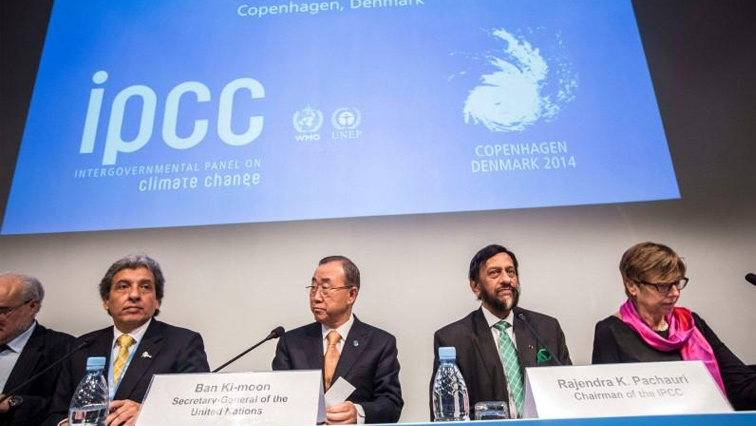The Intergovernmental Panel on Climate Change Working Group II (IPCC) says global warming is fast becoming a cause for concern and the world is running out of time.
Top academics, researchers and scientists met in Durban to find solutions of limiting global warming to 1-point-5 degrees Celsius.
Discussions at this meeting will be also be drafted in a report by IPCC which will be presented at the next United Nations Framework Convention on Climate Change in 2023. The week-long meeting is attended by more than 250 authors and IPCC Bureau members from 60 countries.
The chairperson of the Intergovernmental Panel on Climate Change (IPCC), Hoesung Lee, says not enough African scientists are showing an interest in advancing efforts to fight climate change. Speaking at the Working Group II First Lead Author of the Sixth Assessment Report meeting in Durban, Lee says global warming is fast becoming a cause for concern and time could be running out.
“By 2100, global mean sea level rise is projected to be around 0.1 metre lower with global warming of 1.5°C compared to 2°C (medium confidence).”
SPM of Special Report on Global Warming of 1.5°C, p9.
Full SPM ?https://t.co/22DnRbf9Ub#sr15 #climatechange #globalgoals #ipcc pic.twitter.com/ymKOfb2X6G— IPCC (@IPCC_CH) January 18, 2019
Africa is said to be amongst the most vulnerable continents experiencing serious changes in its climate patterns. He says the recent droughts and high levels of temperatures is proof that Africa needs to join the world in finding solutions to decrease global warming by 1-point-5-degrees Celsius. Lee says every continent including Africa needs to play its part.
“It’s important that that this meeting is taking place in Africa. Climate change affect us all but it’s particular threat to the poor, those in developing countries. This meeting can also serve as a symbol of the IPCC its engagement with African scientists and policy makers. We would like to see a greater involvement from this continent. I very much hope that holding this meeting will inspire more young scientists from Africa get involved with IPCC.”
Addressing delegates at this meeting Deputy Director General for Climate Change, Air and Sustainable Development at the Department of Environmental Affairs’s Dr Tsakani Ngomane says since countries in the southern part of Africa are already experiencing more frequent heat waves, Africa needs to act fast.
“Temperatures in the country are rising at about twice the global rate. Further to the north over Botswana temperatures are rising at the rade of about 2 decreases per century. In fact Botswana is one of the regions with the highest rade of temperature increase in the entire southern atmosphere and it’s our neighbour ,we share s border. We are seeing extreme temperature events that have already increased frequency and occurrence. It’s quite alarming and it should be an issue of central concern.”
KwaZulu-Natal MEC for Corporative Governance and Traditional Affairs, Nomusa Dube-Ncube who also gave an address says since the province has experienced the worst drought in 2015, it now takes issues around climate change very seriously. The drought in KwaZuluNatal had reached a “critical” stage with farmers losing livestock and plantation. Authorities had to enforce water restrictions throughout the province.
Dube-Ncube says global warming is serious.
“Our province is still really in terms of these negative consequences of droughts and it’s important for us to learn such experiences but also develop capacity to think on our feet and act accordingly. The IPCC session is a welcome opportunity to show case the progress that is made to fight against global warming.”
The summit is expected to conclude on Friday.






